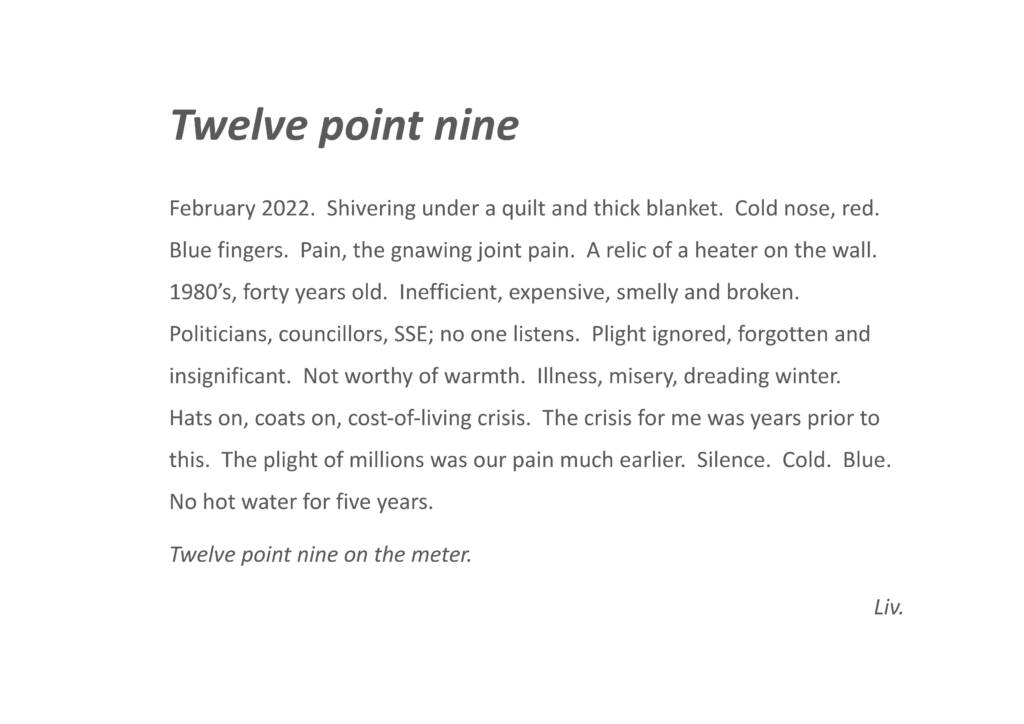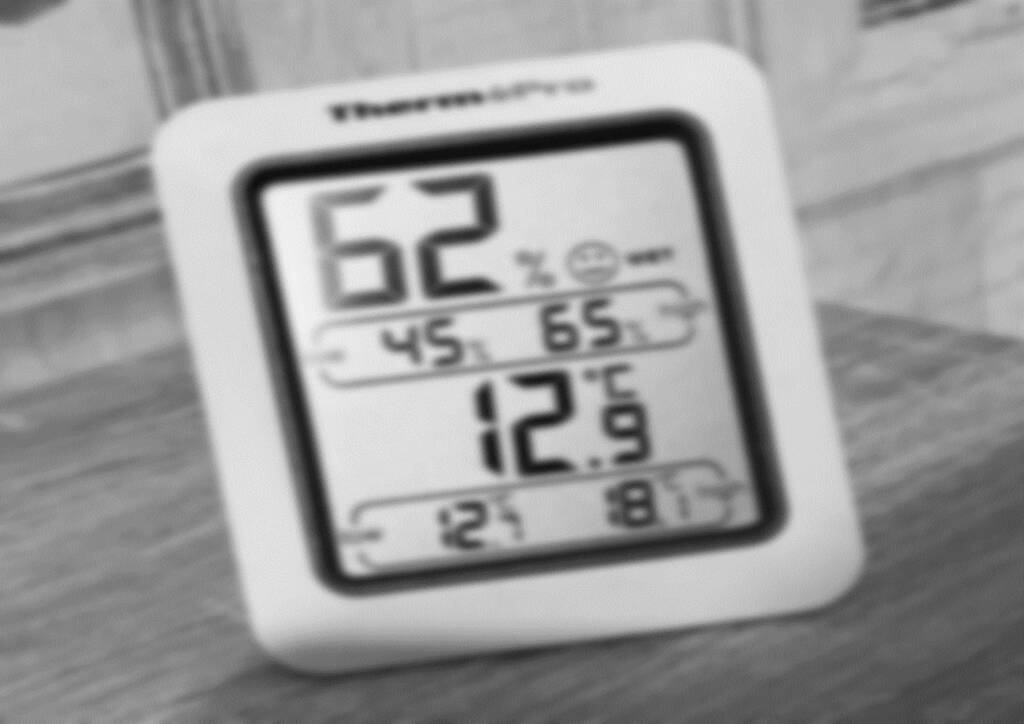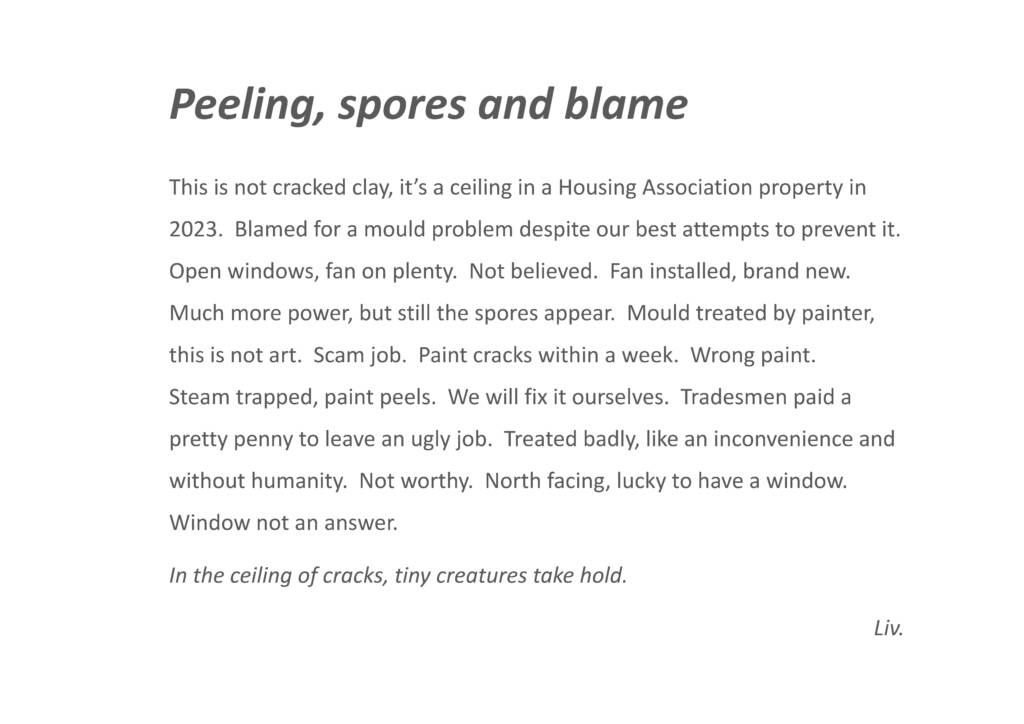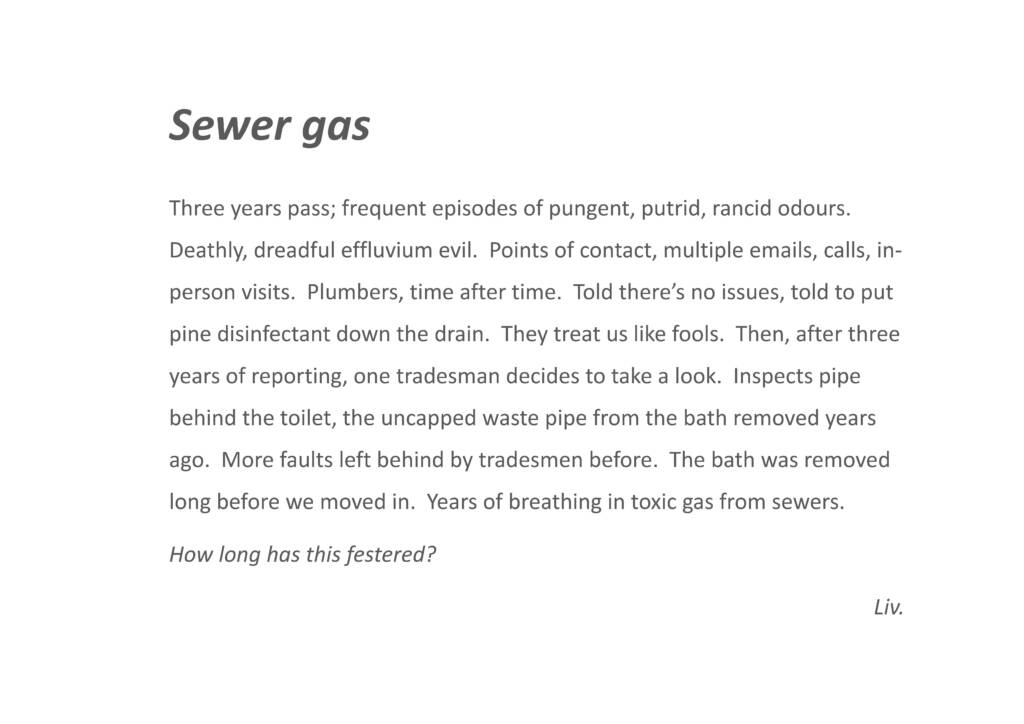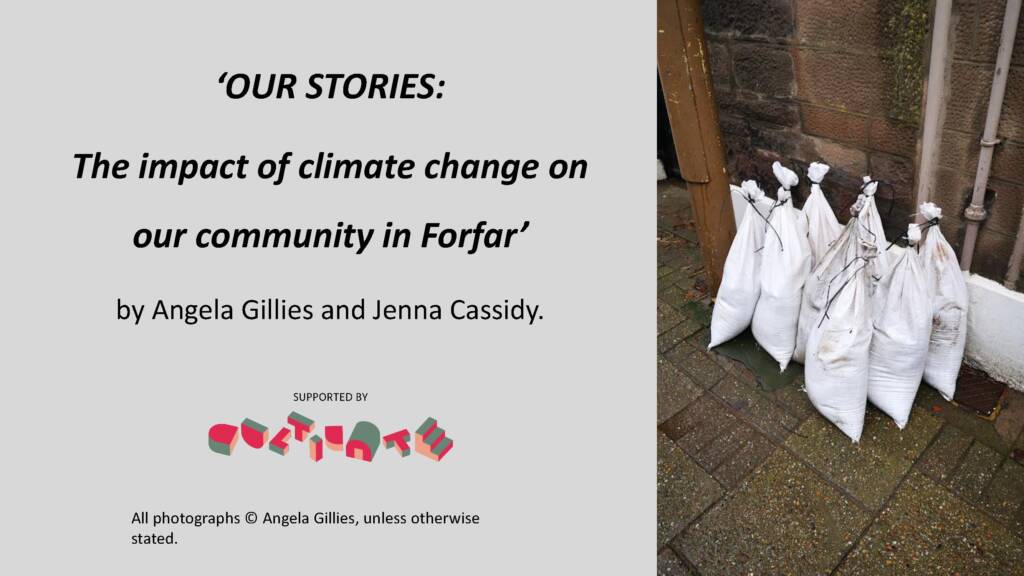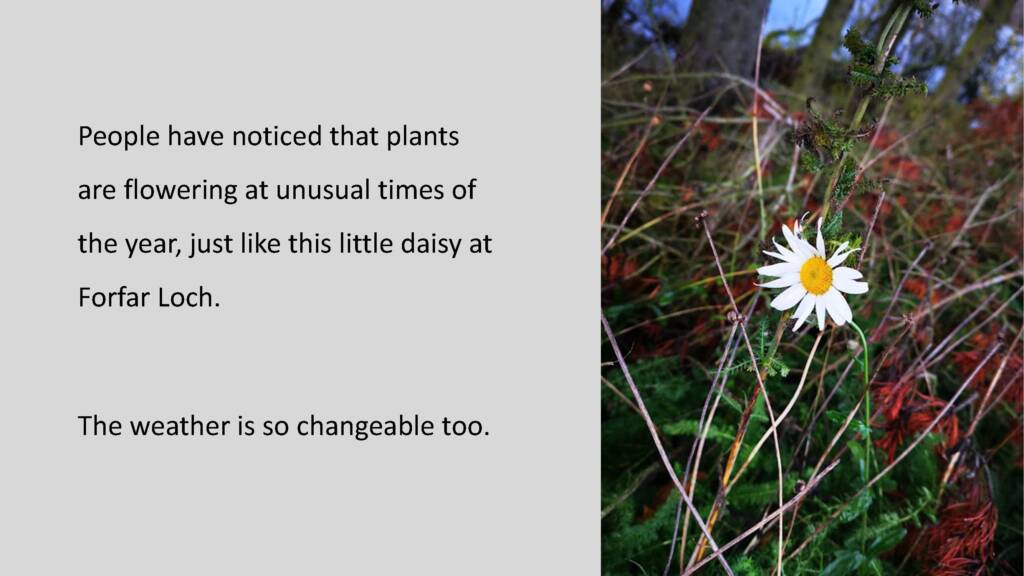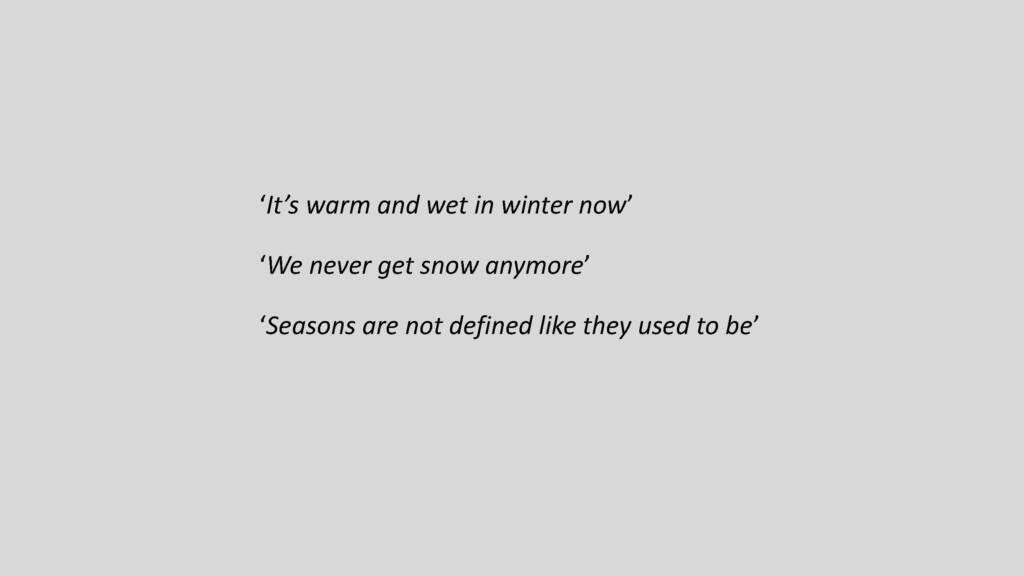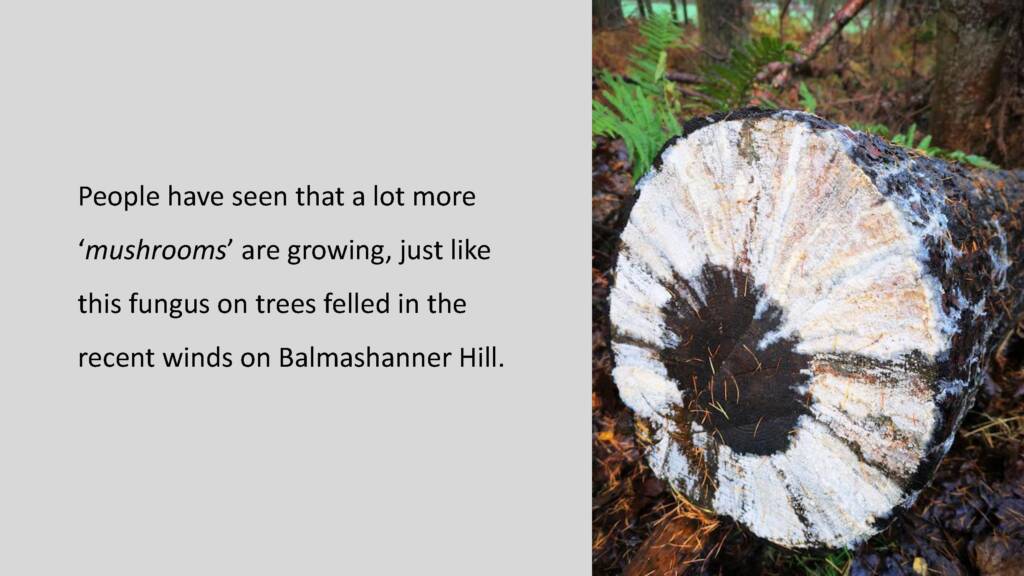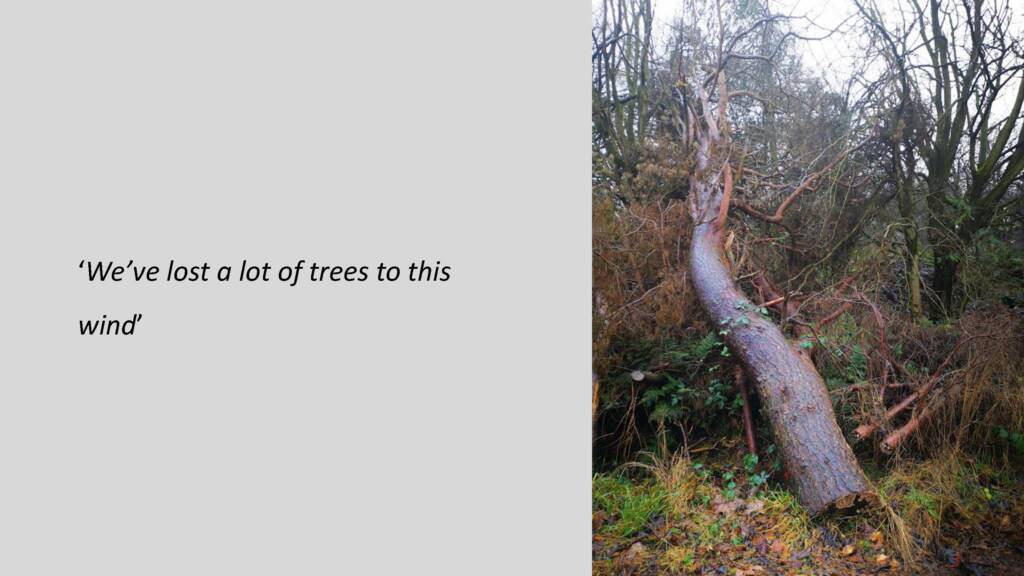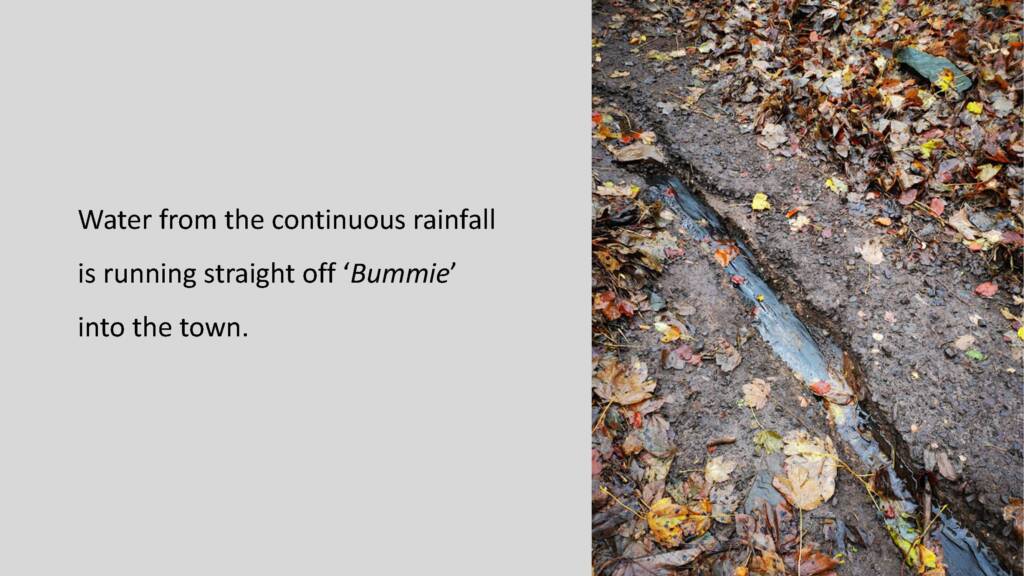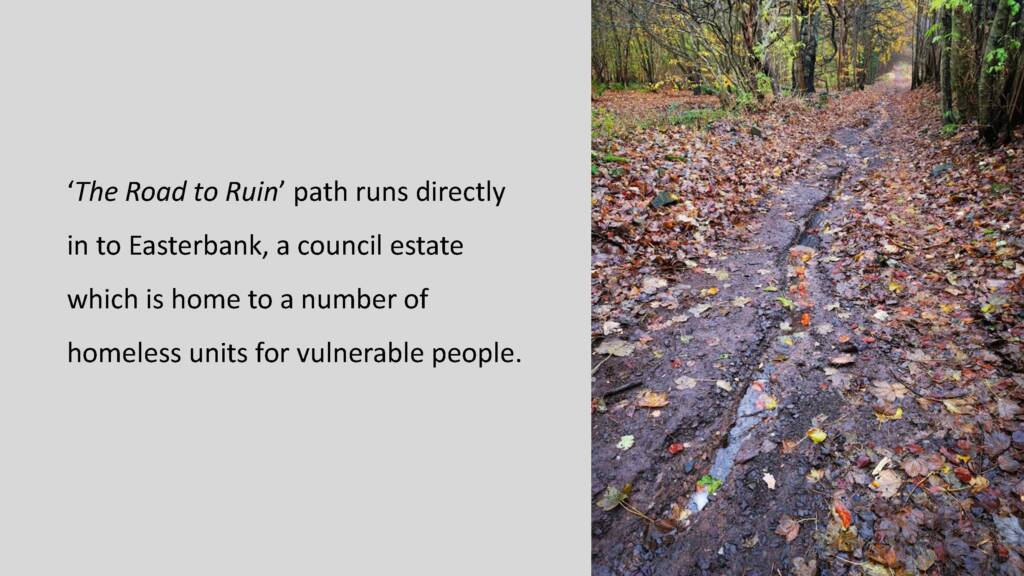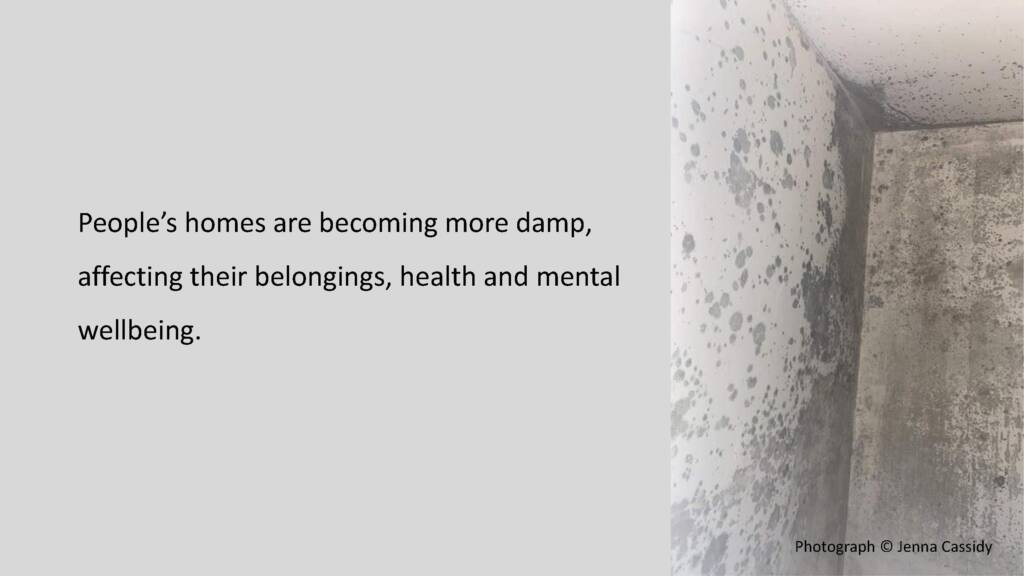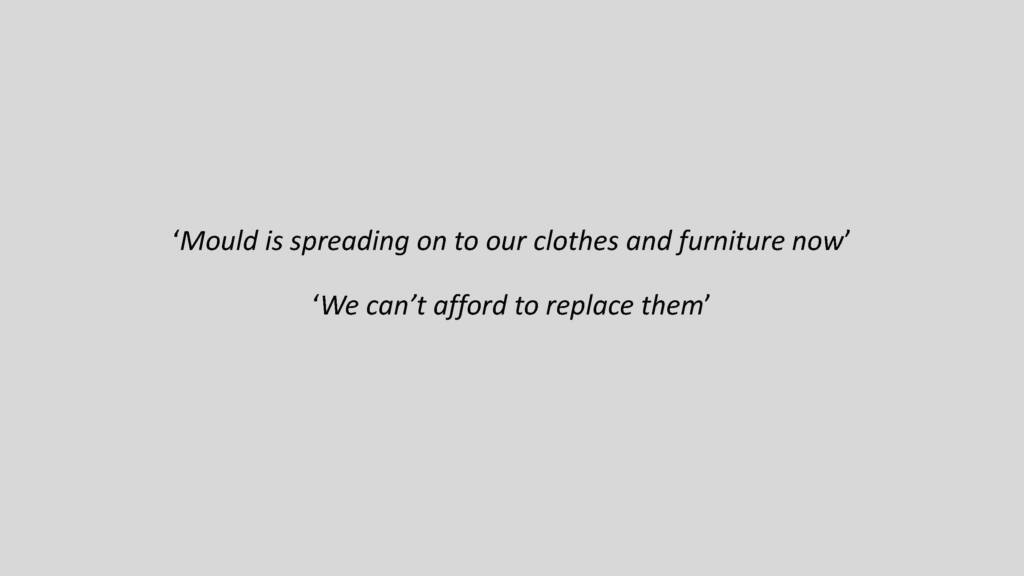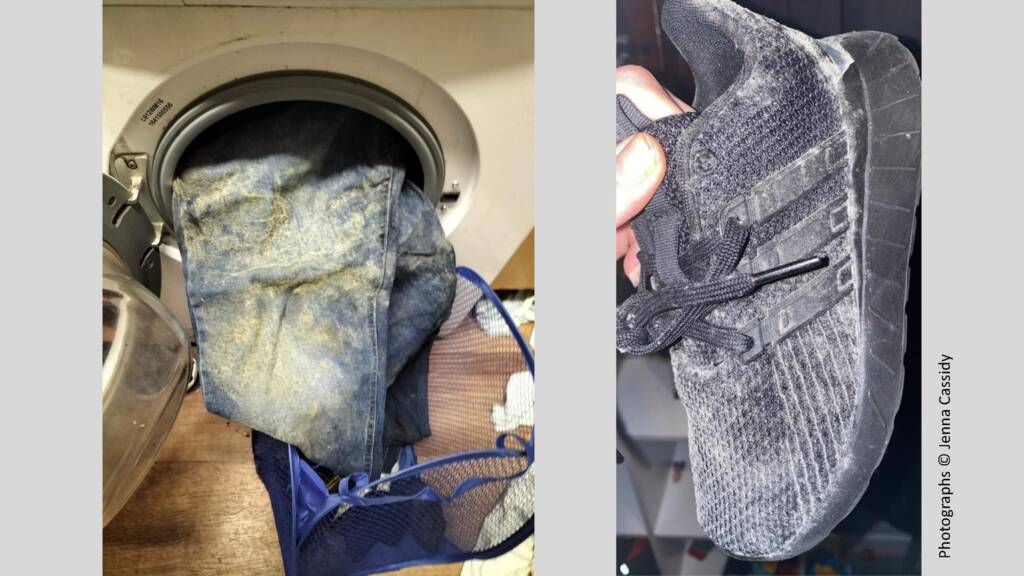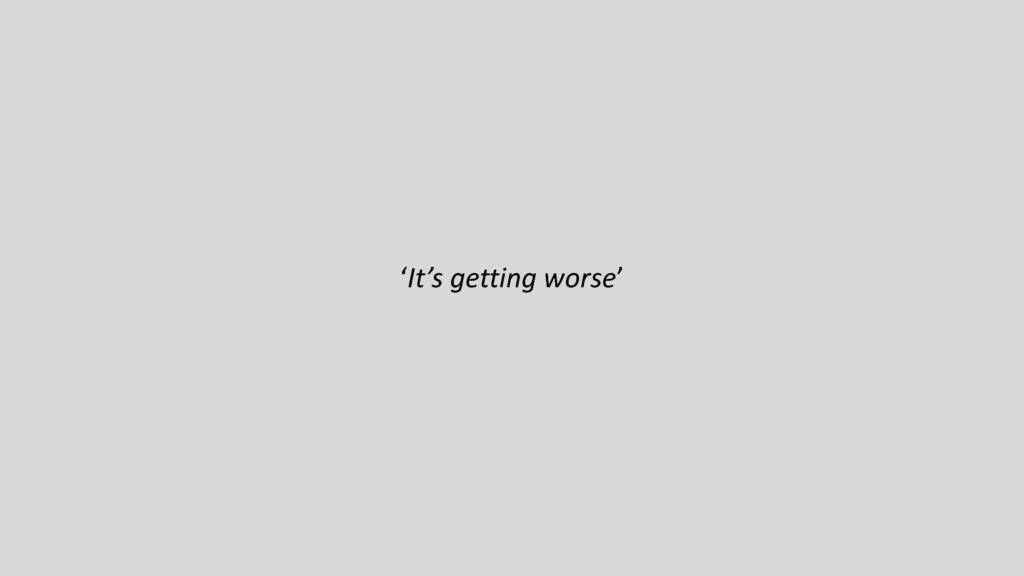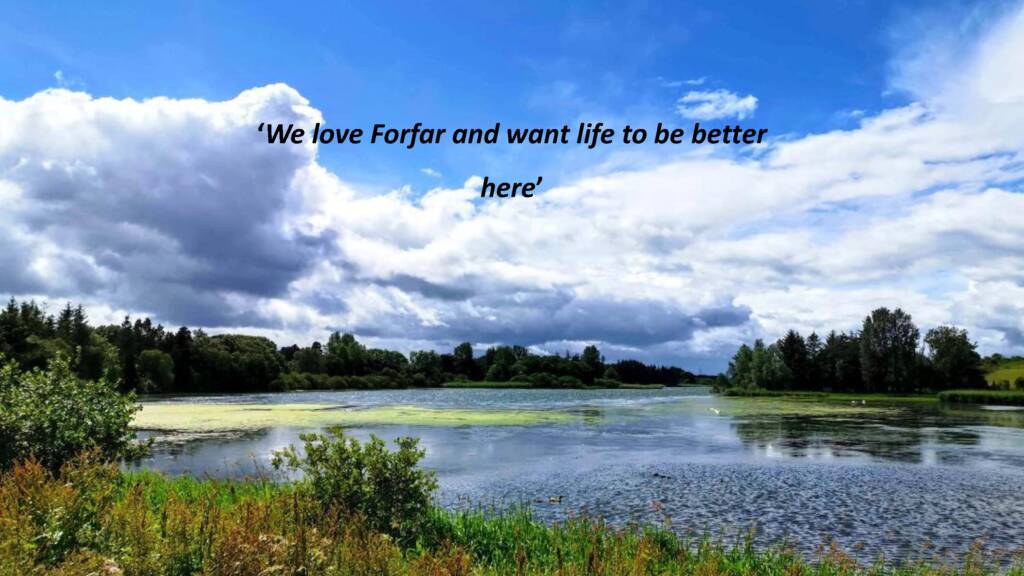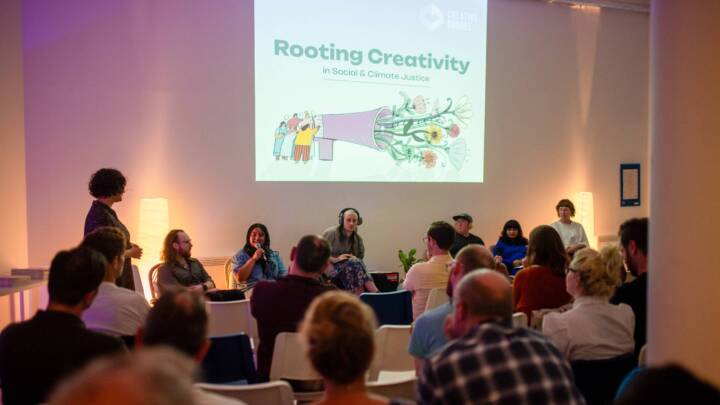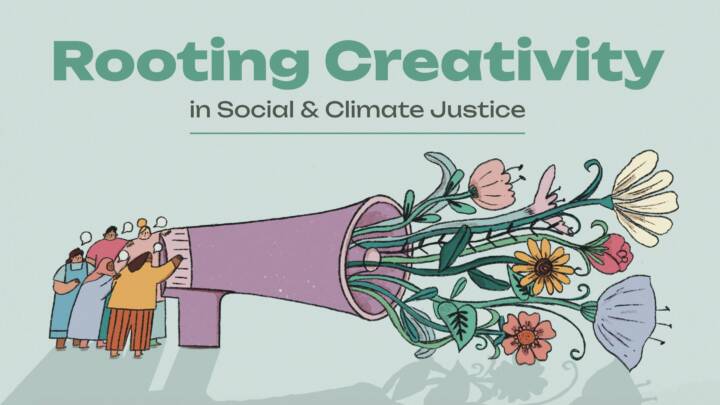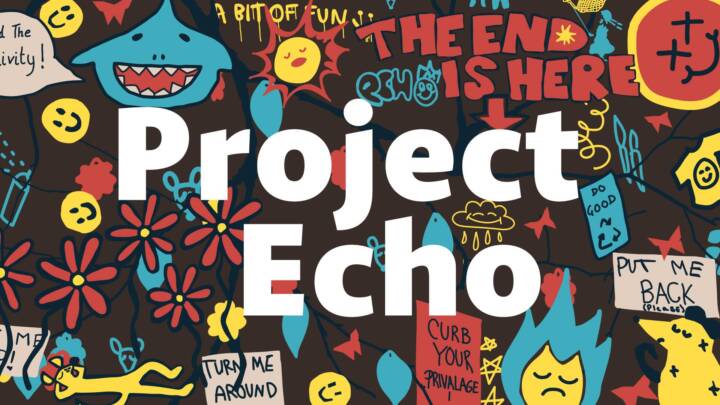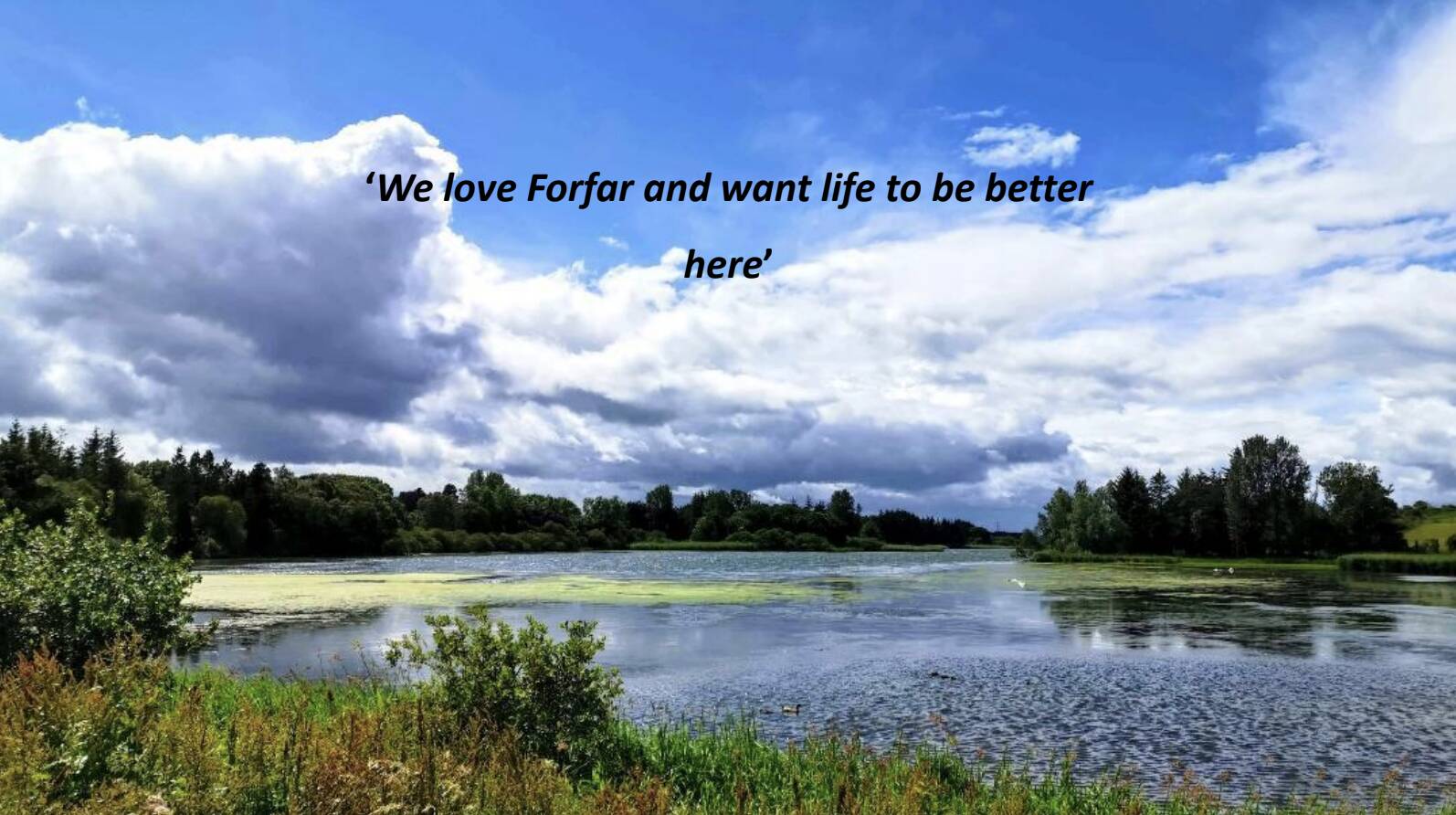
In this CULTIVATE Case Study, we share Creative Practitioner Angela Gillies work in collaboration with people living on low incomes in and around Forfar.
CULTIVATE is a regional leadership programme for Creative Practitioners and local communities to collaboratively explore new ways of embedding creativity at the core of grassroots collective action for climate justice, across the Tay region.
We launched the programme in summer 2021 with a first round of Creative Practitioners commissions, and announced our second cohort of Creative Practitioners in February 2023. We also shared some insights and reflections in July 2023, highlighting some of the ambitions and impacts of this pilot initiative.
This case study collates the work of Creative Practitioner Angela Gillies. These case studies act as an archive for each CULTIVATE project, aiming to share the learnings of each practitioner, demonstrate the impacts of individual projects, and provide concrete examples of the benefits of working with creative practitioners on community-based projects.
Project
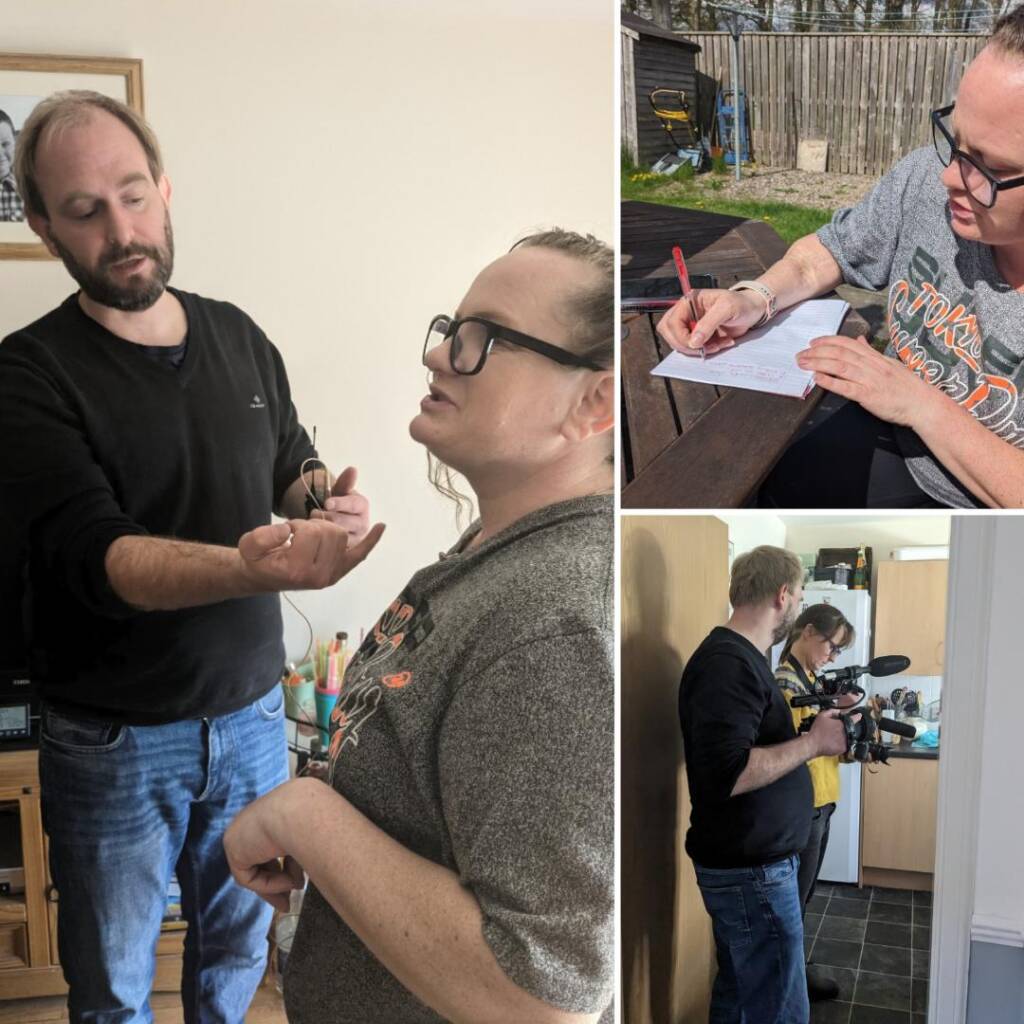
Creative Practitioner: Angela Gillies
Angela Gillies is a jeweller and printmaker based in Forfar, Angus, and has recently graduated with an MFA in Art, Science and Visual Thinking. She has won a number of awards for her work, including the Ingle & Rhode Fairtrade Gold Design Awards and the Sustainable Practices Award. She also has a background in Environmental Biology, and has witnessed the impact of climate change on habitats and species across the world. She currently works with vulnerable adults and young people with disabilities, and is involved in local social justice issues as a member of her local Community Council.
Project ambitions:
Collaborating with people living on low incomes in and around Forfar (Angus), Angela’s main objective of her commission was to amplify the voices of people within this community, who often feel forgotten and overlooked in society.
Through identifying the stigmas, struggles and concerns that they share, and how they would like things to change, she hoped to open up avenues of conversation and enable them to take ownership of the narrative surrounding the cost-of-living crisis and the impacts of climate change.
Angela said: “I want to create space for people living on low incomes to make their voice heard regarding climate change and the pressures they face in their daily lives. Taking part in CULTIVATE will allow me to achieve this with the support of a team who are passionate about social and climate justice. People living on low incomes are more susceptible to the impacts of climate change, and it is important that we make people aware of this. I am looking forward to working at the very heart of the Forfar communities, helping them to build resilience and make lasting change that is supportive of their needs.”
Process
Angela’s starting point was her lived experience and understanding that people living on low incomes often feel as if they have no role to play in mitigating climate change when their confidence has been worn down by stigma and the pressures of daily life. Half-way through her commission, Angela wrote a blog reflecting on her own background and its valuable place in her work, how reclaiming joy has brought communities together, and the important role these two elements played in rebuilding confidence and connection with the groups she was working with.

Angela engaged with people in many ways; from hosting community drop-in events in locations that were convenient for people to get to, and which provided food, warmth and a welcoming atmosphere; to one-to-one encounters in people’s homes for those who are time-poor due to work and childcare commitments, or feel embarrassed about their situation and didn’t feel comfortable sharing their stories in a group setting.
She designed and facilitated creative activities, exploring local issues such as transport, housing, food and the weather, that were designed to allow people to share their stories in a fun, easy or therapeutic manner. Some examples of these activities included:
- postcards with images and questions about life in Forfar that people could fill in and send back to Angela for free.
- reminiscence workshops to open up conversations about what it was like to grow up in Angus, which in turn helped introduce the topic of climate change through discussions about the weather, local trades, and the cost of living.
- sharing photos and support via a group chat which led to discussions about the cost and quality of food, sharing knowledge and recipes, and a shared understanding of the difficulties faced.
- one-to-one visits within people’s own homes, facilitating tailored activities through filmmaking, photography, creative writing and sculpture.
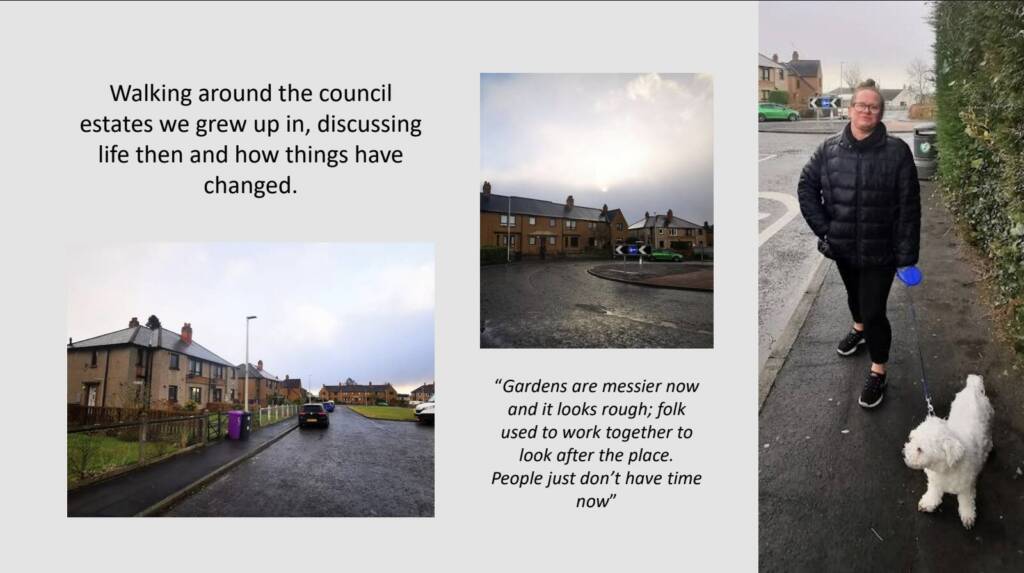
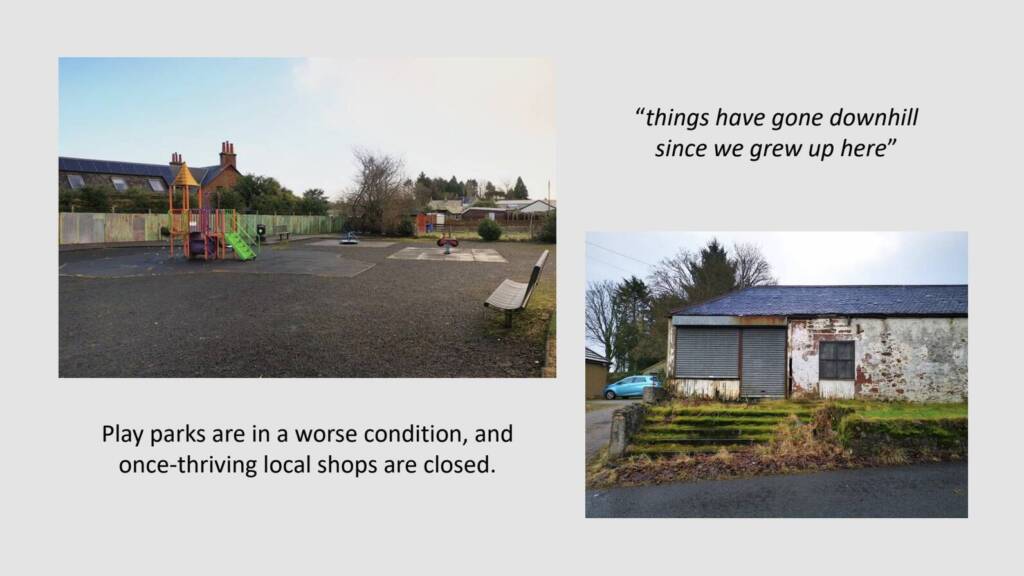
Participants were supported to take ownership of the conversation, how they wanted to communicate their stories, and take action, identifying real issues relating to the cost-of-living and providing them with the opportunity to talk about their vulnerabilities and the resources they require.
Angela’s work also connected individuals with the incredible resources already available in Forfar, such as S-Mart, the Community Council, the Royal British Legion, the Blether-In and Forfar Action Network – with special thanks to them for their support throughout the commission.
Outcomes
Throughout her commission Angela worked closely with individual members of the local community to produce creative work that communicated their personal stories. In this ‘hard-hitting interview’ (as project participant Heather dubbed it), Angela explored with Heather some of the misconceptions that they would like to address in relation to both their way of living and their interest in climate action.
This interview, filmed and edited by CULTIVATE Storyteller Lu Kemp, was an important opportunity for Heather to express her struggles and her views on climate action in her own words, which she hopes will inspire others to connect with the topic.
The work with Heather and Lu on the interview sparked the idea for The Cooncil Cookbook. Together with photographs and recipes from Heather, they produced a small booklet of recipes that are suitable for people living on a very low income. Handy hints to help make the meals more environmentally sustainable are also included, aiming to help people make small differences and “do their bit for the planet”.
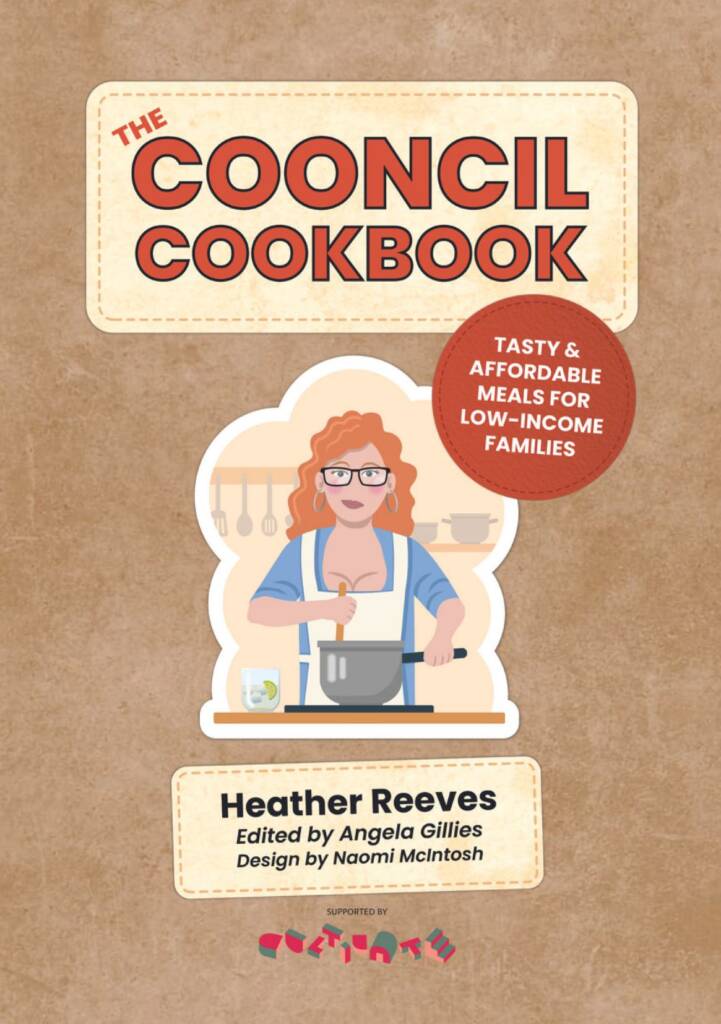
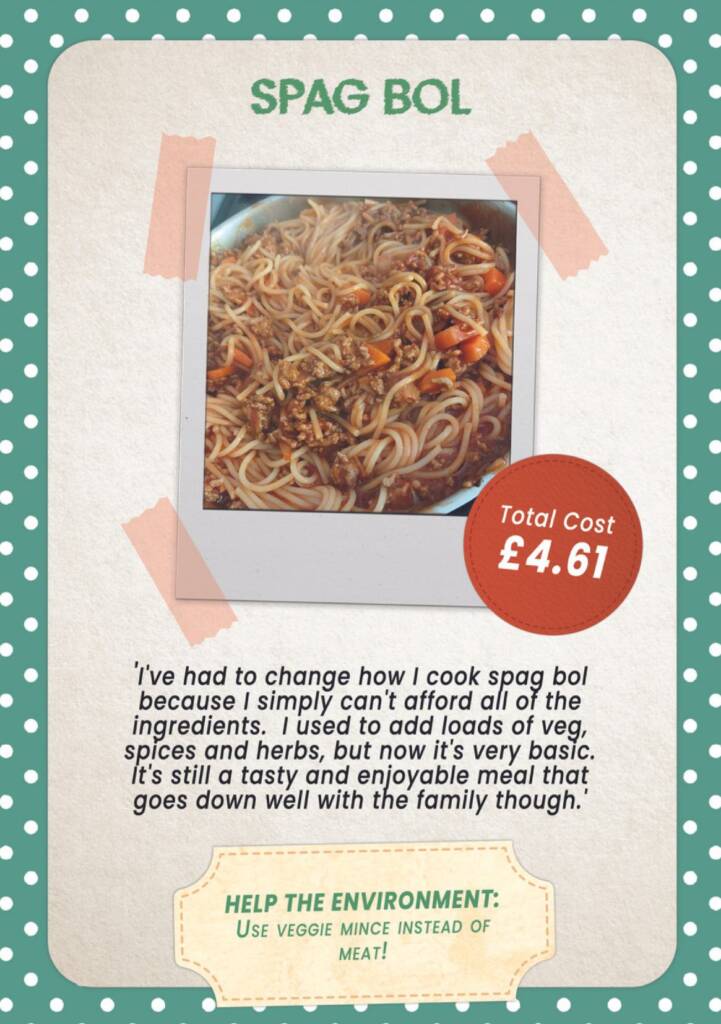
Angela also worked on a one-to-one basis with community members Liv and Jenna, who shared their observations and experiences of the impacts of climate change on their community through photography and creative writing, exploring topics such as energy poverty and substandard housing. These emotionally raw and honest creative pieces offered an outlet for anger, as well as communicating a call to action and a hope for better that is shared by communities across Angus.
Creative writing pieces by project participant Liv:
Our Stories: The Impact of Climate Change on our Community in Forfar:
As a final sharing of the many tales and conversations collected throughout her commission, Angela wrote and collated a series of short stories titled Tootie and Tea, highlighting the tenacity and optimism of the people she shared these moments with. Reflecting at the end of this collection, Angela writes:
“The conversations we’ve had over our cuppies have revealed an overwhelming desire to bring back community, particularly with low income families. People want to tackle issues relating to social and environmental justice, but they need the support to do so. The most meaningful and long-lasting way to accomplish this is to bring each other together, sharing our stories, memories and hopes for the future. Talking to our peers with a lived experience of living on a low income is incredibly important; no one else can understand exactly what it is like to be down to your last penny.”
Led by Creative Dundee over three years, CULTIVATE brought together creative practitioners and community groups across the Tay region to explore climate justice in a practical and meaningful way.
CULTIVATE is part of Culture Collective, a network of participatory arts projects across Scotland, shaped by local communities alongside artists and creative organisations. Funded by the Scottish Government through Creative Scotland.

Thank you for visiting
If you would like to support us in creating even better content, please consider joining or supporting our Amps Community.
